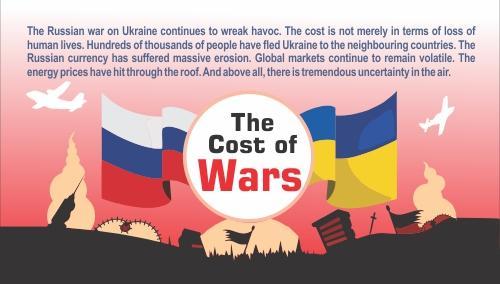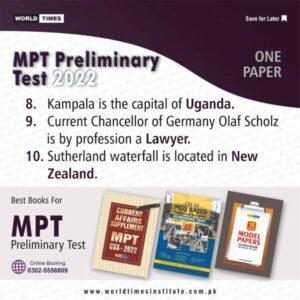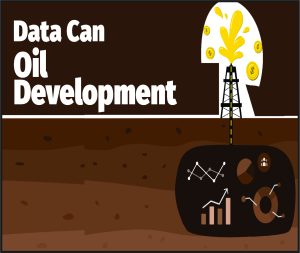Warning: Undefined array key "mode" in /home/jworldti/public_html/wp-content/plugins/sitespeaker-widget/sitespeaker.php on line 13
Jahangirs World Times
E-mail: worldtimes07@gmail.com,
Ph: 0302 555 68 02
Price: 450 Per Issue
English
1 year subscription charges = 5000
2 Years Subscription Charges = 9600
Send online deposit slip along with your complete Name & Address through whatsapp or Email.
For Online Payments.
A/C Title : Jahangir’s World Times
A/C No. : 55015000424095
Bank : Alfalah Islamic Ltd
Branch : IBB Main Gulberg
code : 0161
IBAN# : PK10ALFH5501 IBG



